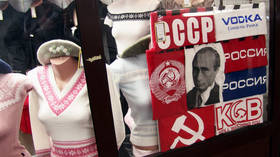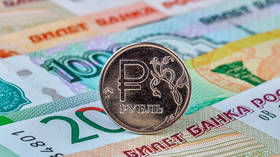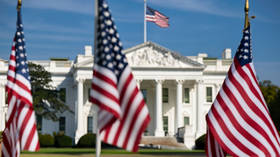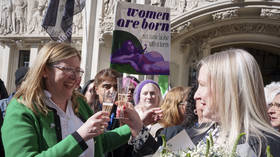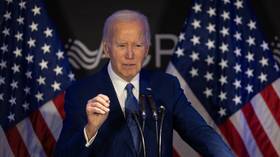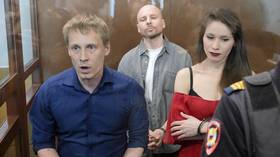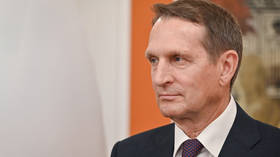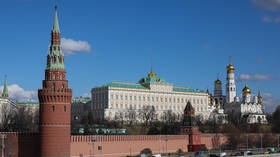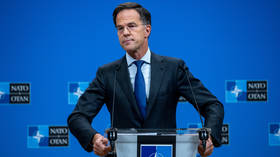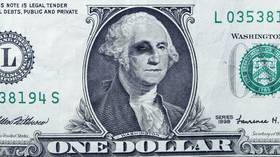Gorbachev reveals how the Soviet Union could have been saved
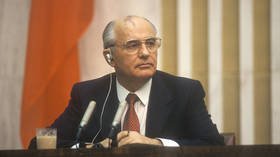
The Soviet Union’s first and only president Mikhail Gorbachev says he ‘fought to the last’ to keep the USSR from falling apart. He believes it would have survived past 1991, had his planned democratic reforms been realized.
In his upcoming book ‘What is at stake: The future of the global world,’ Gorbachev describes what could have kept the Soviet republics as one, cohesive whole. The key, he says, would have been to restructure the union as a federation and give its members more autonomy – something he’d been trying to do before the USSR fell apart.
“My deep belief was that the way to the republics’ political sovereignty, to their economic self-reliance, to the preservation of their identity, to the development of their culture, lay in the renewal of the union, in turning it into a democratic, real, effective federation, to which the republics would delegate part of their authority,” Gorbachev says, in an excerpt from the book seen by Russian media.
That reform would have been finalized in 1991, with the signing of the new union treaty, but that was not to be: it was cut short by the August 1991 coup attempt, ultimately leading to Gorbachev stepping down and to the Soviet Union falling apart in December. After that, “the leaders of the Soviet Union’s largest republic –Russia– headed by Boris Yeltsin, went down the path of disintegration. The disjunction party line prevailed,” Gorbachev writes. And the economic consequences were soon felt by millions.
There's no surprise that polls show most Russians regret the disintegration of the Soviet Union and believe the 1990s were the hardest period of their lives.
Soviet-era nostalgia appears to be peaking in Russia, with 66 percent of respondents in a late 2018 Levada poll saying they regret the USSR's disintegration. They are mostly 55 years-old or older, though the numbers of such responses are increasing across all age groups.
If you like this story, share it with a friend!
